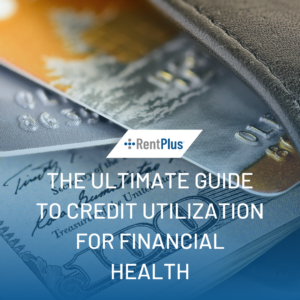Debt is debt. There is no good or bad.
It’s as simple as that.
The problem is that most people can’t afford to pay for everything we need or want without some form of loan. Whether it’s for higher education, a house, or a business venture, sometimes we have bigger goals than our current finances can cover. This is where the concept of good debt came into play.
Good debt is perceived as debt that will hopefully create wealth in the future. We earn a degree with the goal of getting a high paying job after graduation. We take out a business loan with the dream of making a grand profit someday. And we buy a house with the hope of selling it for more than we paid for it.
But that’s not always the case.
Here are a few things you might want to think twice about before you incur debt:
1. A Mortgage Won’t Likely Turn A Profit
Here’s the reality. Most Americans wouldn’t be able to afford to buy a home without a loan. The lending industry and government have made it possible to own a home sooner than we could on our own. Which is good, right?
However, the problem occurs when people think that buying a home is profitable. After calculating interest payments, inflation, and home improvement costs, the house will basically be worth what you bought it for.
And then when you add the risk of another housing market crash, any possible catastrophes, or the inability to pay the mortgage, you might be setting yourself up for disaster.
Be aware of the risks before you take out this enormous loan. Or, better yet, rent an apartment and enjoy each day without this heavy debt weighing you down.
2. Student Loans Don’t Always Get a Return On Investment
Fun fact: If you ever file for bankruptcy, your credit card debt and mortgage will be forgiven, but your student loan won’t. In fact, the government may garnish your social security wages if you default on your student loans.
The average student loan debt for the Class of 2016 was $37,172. This is an increase of six percent from the previous year. Americans owe over $1.48 trillion in student loan debt, spread out among about 44 million borrowers. That’s roughly $620 billion more than the total U.S. credit card debt.
These numbers are staggering!
As college tuition costs continue to rise, many graduates aren’t getting those higher-paying jobs to make it worthwhile. A generation ago, college tuition costs were significantly lower, making college a great return on their investment. Today, it no longer appears to be quite as true.
Pay cash for whatever you can. And try to work your way through college to decrease your student loans. Create a budget and stick to it. In the end, you get to decide for yourself if it’s worth the investment to take out a loan for your college education.
3. Business loans are risky
It takes money to make money, right? For many people, a business loan has provided a lucrative business. For others, it has provided bankruptcy.
A business loan is a risk, even if the market is perfect. Look at what happened with the housing market crash. Thousands of people were making profits by flipping houses and then they went bankrupt when the market suddenly collapsed.
This doesn’t mean you should never get a business loan, or any loan for that matter. It just means that you should weigh all of your options before you make any big decisions.
Could you wait just a little longer and save up more money? Could you tighten your belt to help you borrow only the necessary amount? Look into all of your options and decide which one works best for you.
Remember that debt is debt. And as long as you owe money to someone, you’ll never achieve financial freedom.



